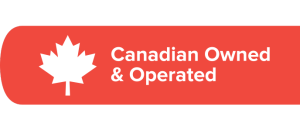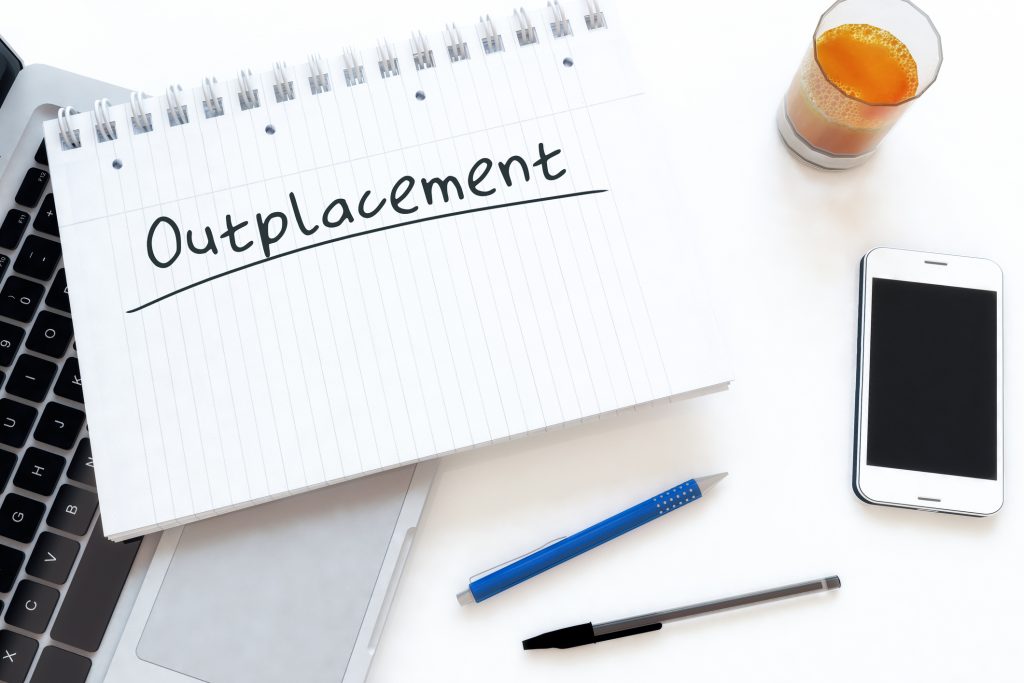Research suggests napping at work can make you better at your job
Few bosses and managers, you might imagine, would likely be all that thrilled to find an employee with their head on their desk, fast asleep, in the middle of the day. But some new data ― and a growing chorus of pro-nap experts ― suggest rethinking the aversion to the workday nap, something that evidence increasingly shows to be good for the employee and the workplace.
New research published recently in the journal Sleep Health found that “regular napping slowed the pace the brain shrinks as we age.” One of the lead researchers said that their findings “suggest that, for some people, short daytime naps may be a part of the puzzle that could help preserve the health of the brain as we get older.”
A lot of people would like to see that taken even further ― embrace the power nap as part of the workday, they say.
“If you go for a nap with an unsolved problem ― an email you haven’t been able to phrase quite right or a conversation that’s weighing on your mind, you often wake up and know what to do or say,” stated Cara Moore, an executive coach and founder of the UK-based ProNappers business consultancy.
By Statistics Canada’s estimates, between one-in-three and one-in-four Canadian workers are coming to work without getting enough sleep, and that has knock-on effects for productivity and employee wellbeing. Embracing short, 15- to 30-minute nap breaks at work may “help businesses maintain a healthy bottom line, so it should be seen as an investment in productivity,” said rehabilitation medicine professor Cary Brown at the University of Alberta.
It’s probably a long shot that your office will suddenly install nap pods and institute sleepy time in the workday. But if you’re a remote worker who can find time in the middle of the day, you might consider bagging off for half an hour or so.
“Do I think having a nap in the middle of the day is fantastic? Absolutely,” one corporate trainer in Toronto told The Globe and Mail. “If you are looking at naps from a healthy lifestyle perspective, then I think it should be included with a whole bunch of other things like time management, healthy eating, going to the gym, getting up and going for a walk or limiting [off hours] e-mails.”
Content written by Kieran Delamont for Worklife, a partnership between Ahria Consulting and London Inc. To view this content in newsletter form, click here.




